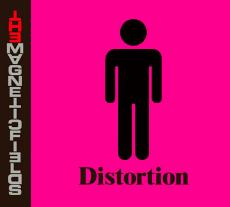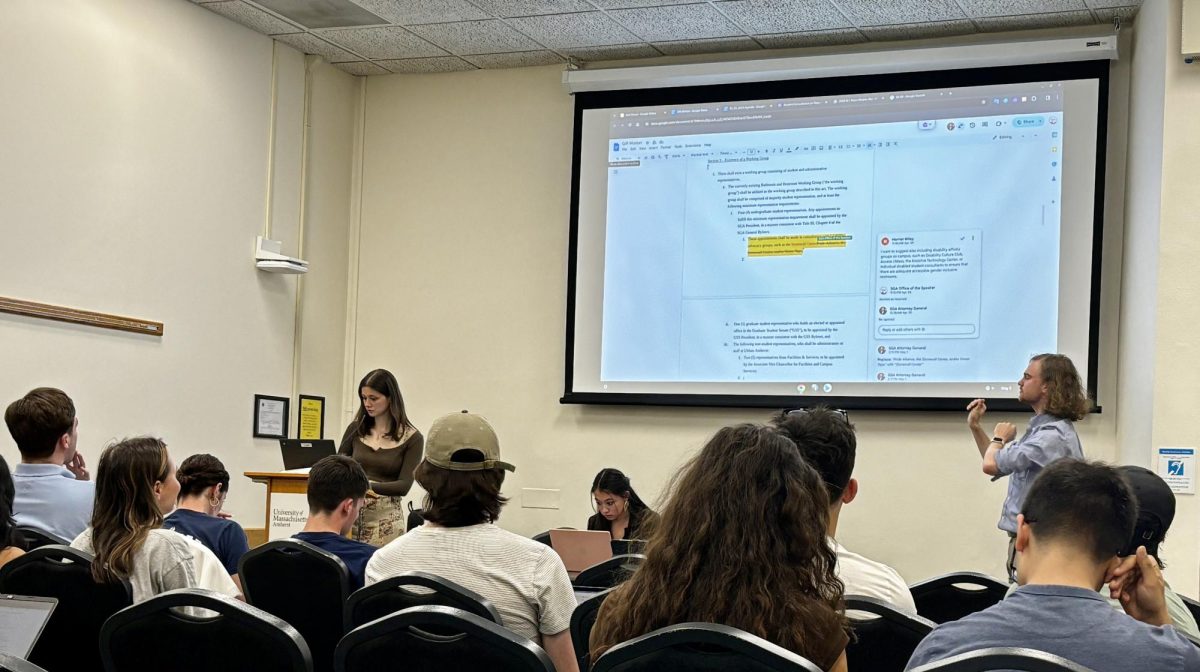
Following a four-year lull, a perplexing Volvo jingle, and much anticipation, Stephin Merritt has returned with The Magnetic Fields and released “Distortion,” a nearly 40-minute haze of 1960s pop, soothing melodies and reverb-infused instrumentation.
“Distortion’s” opening track, “Three-Way,” serves as the perfect introduction to separate the Fields’ latest offering from its more electro-pop centric predecessor, 2004’s “i.” Gone from the equation are the heavy usage of synth notes and flashes of new wave, replaced by an unequivocally surf inspired number, heralding Merritt’s intentions on “Distortion” from its very incipiency.
“Distortion” is an album dissimilar to any The Magnetic Fields have produced in their 17 year history. Full of 1960s pop grooves, and an overwhelming amount of fuzz, the album proves to be an ambitious, and highly successful, departure for the band.
Never before has Merritt’s voice, long renowned for its unique delivery and deep tone, sounded better than it does here. With a musical backdrop fitting of the album’s title consisting of distorted percussion and heavily fuzzed-out guitars, Merritt’s vocals memorize as they are ushered to the forefront and it is next to impossible to resist.
Merritt’s sense of blunt wit is displayed full force on “Too Drunk to Dream,” with its comical acapella hymn introduction and bouncy choruses. The subtle squealing feedback slowly escaping the surplus of reverb heavy, yet upbeat, instrumentation aids in the track’s momentum that ultimately culminates in an impeccable crescendo that pays off in all the right ways.
While Merritt’s vocal contributions are certainly worth considerable praise, “Distortion” shines its brightest when Shirley Simms, Merritt’s heavenly voiced counterpoint, assumes the vocal duties. Luckily for listeners, Simms is prominently featured..
Simms’ initial offering, “California Girls,” is an infectiously catchy and acrimoniously worded rebuke to the Beach Boys classic of the same name. Continuing with the theme of catchy composition, “Drive on Driver” is another upbeat highlight that lyrically forces comparison to the bands earliest works. With its more country-based, open-road imagery, “Drive on Driver” touches on themes that haven’t been prominent in the band’s lyrics since their 1994 release, “The Charm of the Highway Strip.”
Transitioning from the more pop-influenced selections, “Till the Bitter End” is an entrancing slowdown piece, Simms voice hitting all the points of the spectrum missed by Merritt’s beloved baritone, which are at there best subsequently on the album’s follow up, “I’ll Dream Alone.”
Perhaps the album’s brightest moment comes when Merritt and Simms share the spotlight on “Please Stop Dancing.” A simplified backbone beat carries the call and response structured piece but is cleverly complicated by the inclusion of enough atmospheric noise to span an entire record, accented by select and delicate notes surfacing throughout. Despite its highly repetitive verses, the contrast created by the dueling vocals delivers almost a whirlwind effect, encapsulating the listener in its quirks and charms.
“Distortion” is an album filled with consistent high points, gorgeously delivered vocals, and a backdrop of blissful dissonance. Well worth the wait, “Distortion” is arguably The Magnetic Field’s best offering since 1995’s “Get Lost,” and will surely satisfy their patient fan base to the fullest extent.
Brian Wood can be reached at [email protected]






